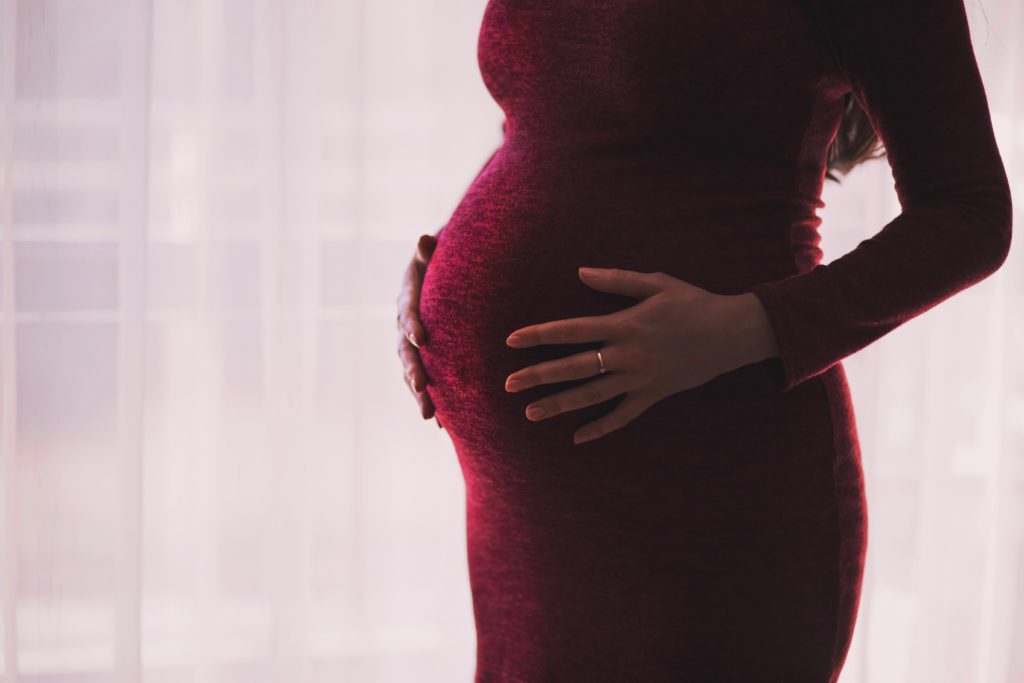The Portuguese Association of Obstetric Nurses called this Monday, January 22nd, for an urgent change in the approach to providing care during pregnancy, childbirth and postpartum, considering that taking advantage of the capabilities of specialist nurses in this area, some maternity hospitals would not need to close .
In a statement, the Portuguese Association of Obstetric Nurses (APEO) recalls that pregnancy and childbirth are physiological, natural events, «tendically low risk», that resources are limited in this area and that the added value of Specialist Nurses in Maternal Health and Obstetrics/Midwives (EESMO) is not being used.
It calls for an urgent change in the approach to providing care during pregnancy, childbirth and postpartum, so that higher quality care can be provided to pregnant women and their families, but also to allocate specialized resources to the different situations in which they are truly needed.
EESMO/midwives assist 65% of all eutocic/normal births in Portugal, says the association, asking: «why do we have to close maternity wards with 1.500 births per year, with two obstetricians on duty and four EESMO/Midwives per shift, in Portugal? ?».
APEO recalls that EESMO has full competence to respond to women's care needs during pregnancy surveillance, labor, delivery and low-risk postpartum periods, "as well as collaborating in care partnerships in all other situations that include illness during pregnancy, childbirth and the postpartum period”.
"It is not justifiable that, if they are available, even in a context of lack of doctors, they are prevented from providing these services due to the closure of institutions and/or diversion of low-risk pregnant women to other health units", states the association, pointing out the guidance of the General Health Directorate, published in May 2023, regarding health care during labor.
APEO also considers that this health authority document “well mirrors these EESMO competencies in the context of labor, in an independent way, for situations involving low-risk pregnant women”.
This DGS guidance provides that hospital admission, in low-risk situations, «can be carried out by an obstetrics and gynecology doctor or by a nurse specialized in maternal and obstetric health nursing».
«In eutocic births [without the use of any type of instrument], the person responsible for the birth will preferably be an EEESM, while in instrumented vaginal births it will always be an obstetrics and gynecology doctor», the DGS document further clarifies.
This guidance ended up being challenged by the Medical Association, which in June last year withdrew institutional trust from the then coordinator of the working group on health care in birth centers, Diogo Ayres de Campos, and asked the DGS to reactivate the group with different protagonists.
In the note issued today, APEO emphasizes that, given the existing availability of EESMO in health services to care for women and newborns during labor and postpartum, APEO questions the legitimacy of the “refusal of this service by institutions of the NHS», during the critical period of lack of doctors to provide some emergency services at the beginning of the year.
It also insists on the need to maximize the role of EESMO/midwives to guarantee “quality and safe” assistance, optimizing NHS resources.



















Comments